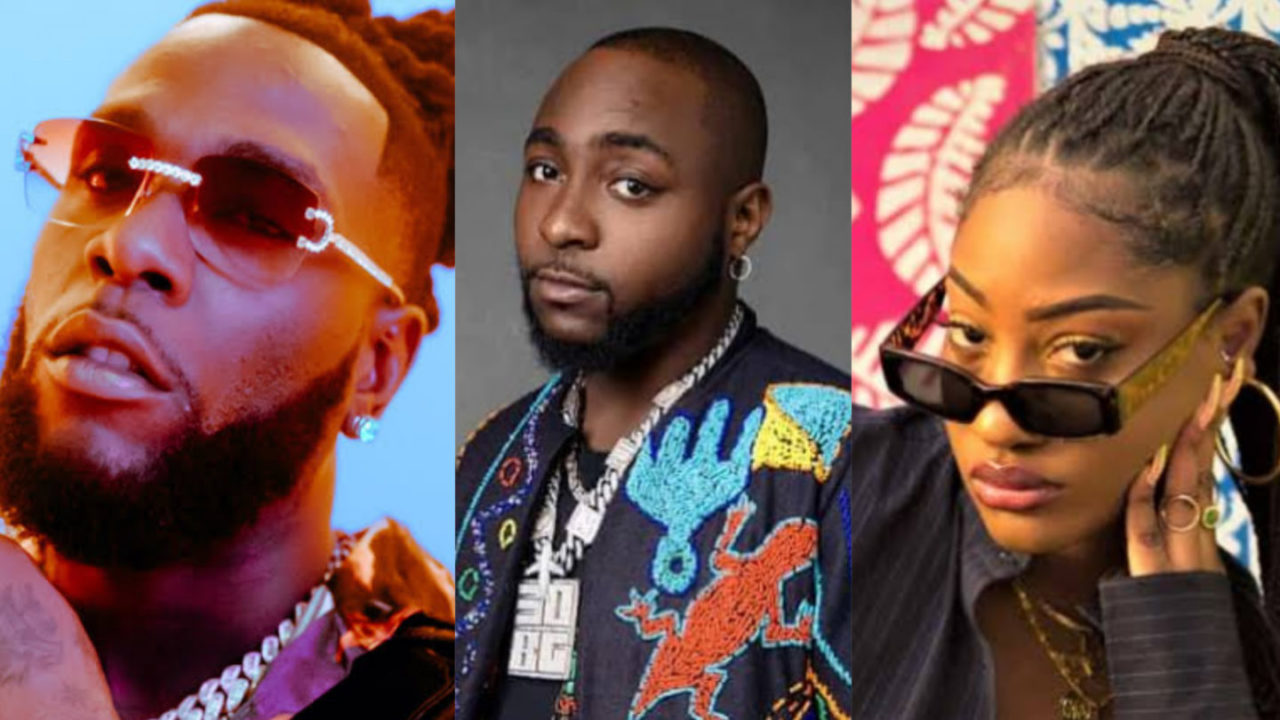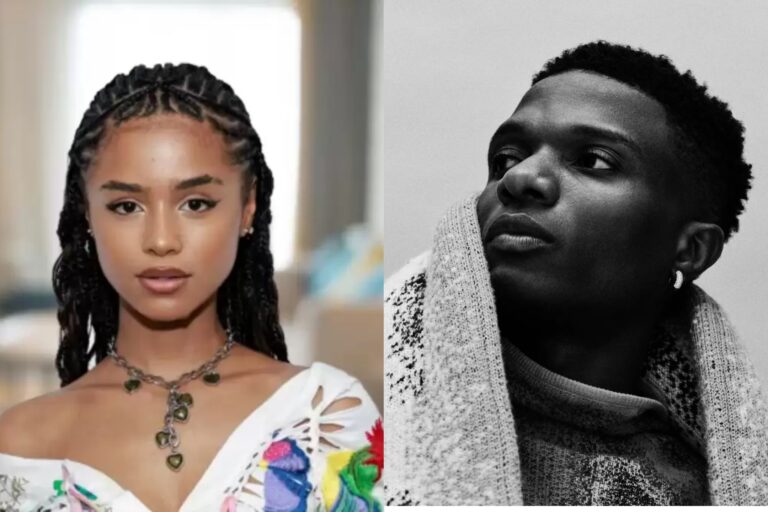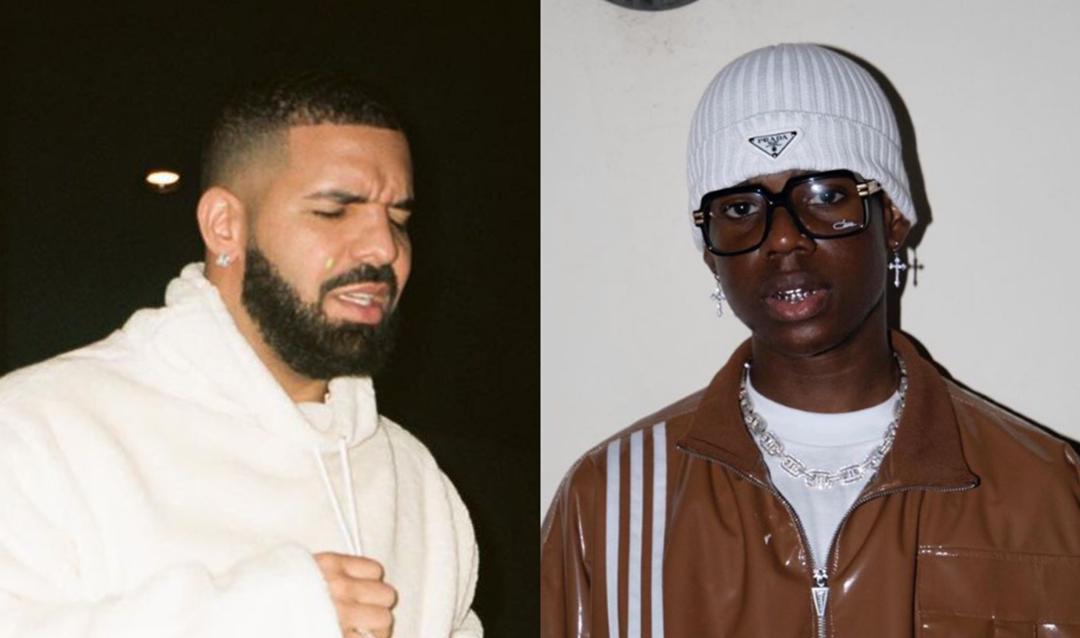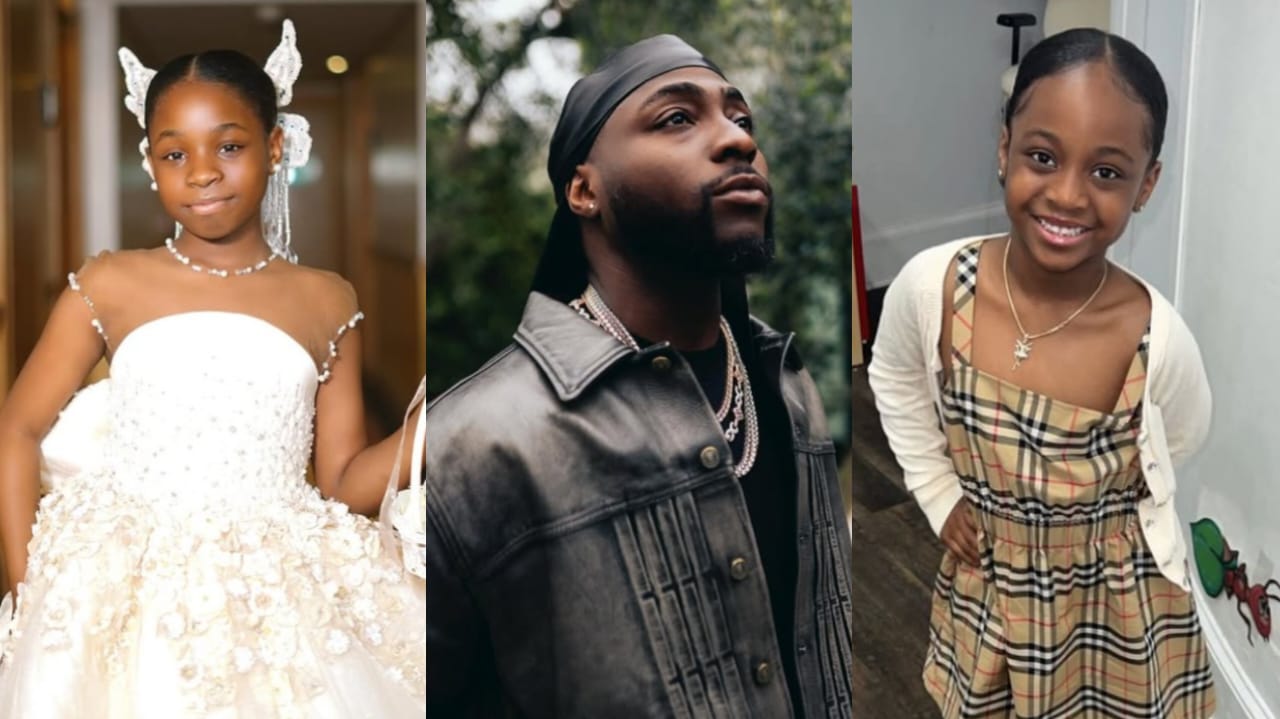Was Wizkid Robbed at The Grammys?
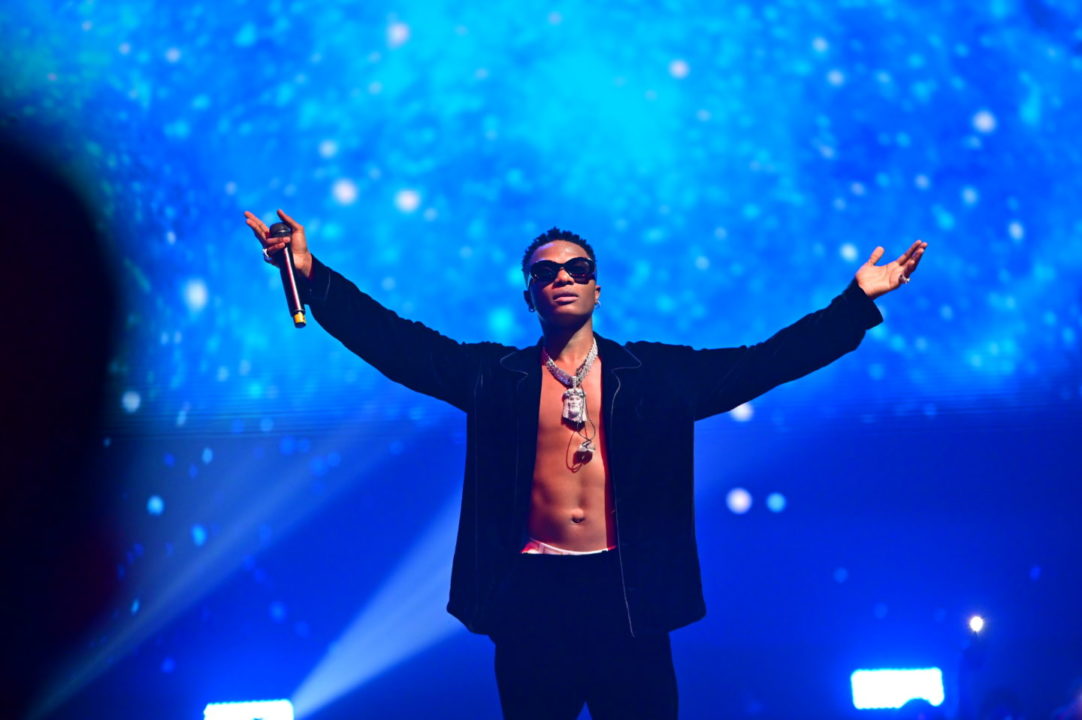
When a nation of highly competitive and talented people are represented by a stellar body of work from one of their most loved acts; Wizkid’s Made in Lagos, on an international level– the Grammys, but come up short, several questions pervade and in this story, we attempt to answer them.
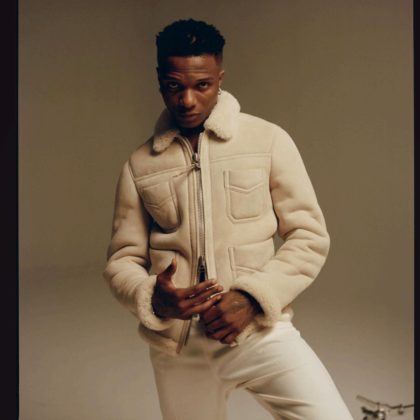
‘Ojuelegba, Shitta, oya ask your sister, my music travel no Visa!’ Wizkid had brazenly declared in 2011 on No Lele, a single off his debut album, Superstar. 11 years after, the singer’s music has not only spiralled past the sprawling slummy suburbs of the mentioned places but beyond Nigeria and the African content to make him Africa’s musical crown prince and one true starboy. In that time, the megastar while reaching myriad corners of the world with his music has also racked up an awe-commanding shelf of accolades, home and abroad. And by so doing, Wizkid, remarkably channelled the West-African polyrhythmic musical sensation, Afrobeats.
ALSO READ: #Grammys2022: A Quick Look at Nigerian Nominees and Contenders
On the 28th of November, 2021, Wizkid’s talent, grace, strife, and countless other threads had woven together to place him once more at the entry posts of the Recording Academy; the Grammys, which have generally been deemed as the hallowed grounds for musical excellence. A second-time event for Wizkid who is no stranger to award shows, mammoth or obscure, his return to the Grammys’ nomination list had been a brace that saw him take up space on two categories off the back of what has been considered his magnum opus; Made in Lagos. Yet with this stellar body of work contending for the categories; Best Global Music Performance and Best Global Music Album, Wizkid drew up a loss at the Grammy stage. So the dawn of the 64th Grammys had shone on largely downcast Nigerians who’d earlier been fully positive about getting in the least, one additional Gramophone-shaped statuette from the Recording Academy with thanks to the Starboy or the similarly doubly-nominated Kutis. While the nation remained largely enveloped in angst from the loss, amidst it was a feeling of bittersweet as the win for Angelique Kidjo’s Mother Nature album signified a win for the continent and by virtue of the featured Nigerian acts, a significant win for us as well. Notwithstanding, this did nothing to stop the wave of anger and feelings of theft by the Grammys, birthing in its wake, several takes, uninformed or otherwise and a long string of questions; 'Was Wizkid robbed by the Grammys?' 'Are the Grammy awards outdated?' 'Should Africans care about the Grammys?' And more. In this piece, while we may not have all the answers, we attempt to put the bits and pieces together to draw out viable reasons why Wizkid didn’t get a Grammy in utmost recognition of his works.
The history of Grammy Awards’ Best Global Music
Founded in 1959, the Grammy Award is primarily an award presented by the National Academy of Recording Arts and Sciences, to recognise outstanding achievement in the music industry of the United States and is considered one of the four major annual American entertainment awards. At first happening with 28 awards given, the show has over time expanded to accommodate as many as 100 categories and as at their last edition, had 86 categories. Then in 1992, the academy had conceived the idea to award international performers exhibiting “non-European, indigenous traditions” with their music and it wasn’t until 4 years later, in a bid to solve the problem of “compressing 75% or more of the world’s music into a single category,” they’d broadened the parameters of World music to include ‘non-Western classical music’. In 2003, the award was further split into two separate categories for Best Traditional World Music Album and Best Contemporary World Music Album and then merged back together 9 years later. Its recent classification as Best Global Music Album was introduced recently in 2020, in line with their desire to be more culturally sensitive to the modern world. The Recording Academy had explained the change thus, writing; “This category recognises excellence in albums of world music, including recordings of international non-Western classical music, international non-American and non-British traditional folk music, international cross-cultural music based on the previously mentioned genres as well as international recordings of world beat, world jazz (with a higher percentage of world than jazz music), world pop and cross-cultural music.” Interestingly, ever since this change, the position of winner has been occupied by Africans, once by Burna Boy and twice by Angelique Kidjo who has also led Africa to be the most frequent holder of the award since the inception of the category and its convergence.
ALSO READ: #Grammys2022: Nigerians React To Wizkid's Double Grammy Loss | SEE
With the Recording Academy’s aim being to "honor artistic achievement, technical proficiency and overall excellence in the recording industry, without regard to album sales or chart position", a deep dive into the history and outcome of past winners of the Grammy category for Best World music, as a singular category or split into contemporary and traditional arms like it was done for 8 years– from 2003 to 2014, reveals that the glory has gone to Africa. Entries from African musicians have won in the category for Best Traditional world music album, 7 out of 8 times, 3 out of 8 nominations under the category of Best Contemporary World music and 10 times as a merged category.
Examining the Grammys' selection of African acts and Wizkid's Made in Lagos album
With these wins, it becomes clear that Burna Boy’s win in 2021 was a deviation from the Recording Academy’s tendency to find a winner in traditionally-styled sounds from African musicians who highlight themes that are regarded as conventional African values and beliefs executed with highly indigenous techniques from lyricism to instrumentalisation and vocals. Acts like Angelique Kidjo, Youssou N’Dour, Ali Faka Toure, Ladysmith Black Mambazo, Soweto Gospel Choir, Femi Kuti, all multiple-times nominees and excepting the latter, also multiple Grammy winners serve as a testament to this preference. In fact, Grammy-winning producer, Ian Brennan, who has worked on 30 international albums from overlooked regions and groups, argues that the Grammy’s outlook on Global music is not global enough as it shows little diversity and a propensity of nominating works from English-speaking countries which were colonised by the British. With nominations for Best Global Music Performance and Best Global Music Album not expanding past 6 countries in total where three artistes had cross-category nominations, this much is clear. Regardless, the Recording Academy have with their judgement, been able to highlight grand patriarchs of the sounds of Africa, legends in every right who can make music of any situation and put together the most compelling melodies.
This is why when Nigerians had mourned the recent loss at the Grammys, two factors had been consolation enough; it remained a win for the continent, home to some of the purest sounds on the planet, and it had gone to the legendary and virtuoso vocalist, Angelique Kidjo.
ALSO READ: I am Disappointed Wizkid Didn't Win The Grammys - King Promise | WATCH
Indeed, some Nigerians had had less than savoury words for Kidjo, even while others stood in as peacemakers, paying respects to Angelique Kidjo, it is to be noted that the Beninoise singer was far from undeserving of the award. Winning this time with a project which makes her first compilation of original works in 7 years, Kidjo toured more contemporary waters, carrying along with her, several young tastemakers, the likes of Burna Boy, Mr Eazi, Yemi Alade and others making an appearance.
Kidjo’s submission had also ticked the 3 boxes of the Recording Academy; ‘artistic achievement, technical proficiency and overall excellence.’
But likewise had Wizkid’s entry; the deluxe version of his Made in Lagos album, and the flag-bearing single, Essence featuring Tems. A sensuous, summery getaway both heady and airy, laid fluidly over 16 tracks, that speaks of fantastical ease and, grace, love and opulence, Made in Lagos had in addition to hitting these marks, swelled into a force, ricocheting off the walls of the continent, slam-dunking on international grounds; the US, the UK and other destinations of note. Within a year, Essence which was voted in for a try at the Best Global Music Performance had come to be described by many, publications and public personalities, as the song of the summer while by some others as the song of the year.
Truly, the Grammy had been clear on the fact that their decisions were ‘without regard to album sales or chart position,’ however, the much-lauded global impact Essence had had remains undeniable and begs the fact that the record had been boxed into a category unbefitting of its reach. Sonically, when compared to the other songs within the category, Essence stands out as a divergent entry, rendered mostly in English and fashioned after great RnB songs with multicultural and cross-generational appeal. This filing error makes one wonder if, in truth, the Recording Academy is not too narrow-minded to grasp the sprawling and unquantifiable extent of African diversity and our ability to make trauma-free, feel-good music. This myopia can also be said to have extended to the second category; Best Global Music Album where Kidjo had emerged winner, securing her fifth Grammy award. An epitome of graciousness, Kidjo had dedicated her win to the artistes she’d collaborated with on her album but the Grammy’s verdict seemed to be a case of frequency bias as they snubbed the Kutis and Femi Kuti for the sixth time despite his album possessing similar elements with Kidjo's; modernity in the face of indigenous troupes and style, compelling messages and undiluted Afrobeat with an evergreen feel. While the deluxe version of the Made in Lagos album did not pack as much impact on the global level as the Essence single did, it remains a fact that the album did remarkably well and truly sells RnB embellished Afropop as a global sound. A buttressing point is the fact that the remix with Justin Beiber just recently made it to the list of finalists for the Billboard Music Awards for Best Record. What then were the shortcomings of Wizkid’s Made in Lagos where the Recording Academy is concerned?
Wizkid's Worldview VS the Grammy
There is no smoke without fire, likewise no music with the artiste. Beyond the music, it seems the Recording Academy has cultivated a process of not just weighing in on the entries, but the fire and source of all the smoke; the artiste themselves. It is on this level Wizkid seems to concede a flaw as critics believe that the singer was unable to hinge his work on a compelling narrative to provide his listener with a worldview. In fact, following his interview with Rollingstone, writer and critic, Oris Aigbokhaevbolo, had opined that Wizkid’s interview would not appeal to any of the members of the Recording Academy. He said; ‘I don’t see how any member of the Recording Academy would even be tempted to listen to his album after reading that interview.’ The writer had also stated that Wizkid’s interviews were bland, adding that the Rollingstone feature was in good faith to get him a Grammy but one where he required a compelling worldview with which to lay his music on. Previously, the two-time nominee and Grammy-award winner Burna Boy had hinged his Grammy-endorsed albums on Pan-African ideals which had endeared him to a wider global audience and on his Grammy-awarded Twice as Tall album, proved the viability of a world view. Multiple Grammy winners like Kidjo, Ladysmith Black Mambazo, Soweto Gospel Choir, who uphold cultural values and themes with their music also highlight this.
ALSO READ: Wizkid Congratulates Angélique Kidjo & Black Coffee Over Grammy Wins
But is an articulated worldview really necessary and did Wizkid’s Made in Lagos not hint at one by touching on opulence and grace, in turn serving as an ode to black excellence and black joy? They say to be the king of the rabbit people you must wear bunny ears but in an interview with GQ, Wizkid had been aptly described as one with calmness and grace to him, so naturally sanguine, it was described as kingly composure. In his interview with Complex as well, Wizkid when questioned about his urban fashion style, he had responded by saying he was ‘African enough.’ So does Wizkid really need to position himself by twisting to the expectations of the Recording Academy? Or does the academy itself not need to continue to evolve and view Africans and their works past a cultural tag and Kumbaya-esque themes that allow for a Grammy to be awarded to an African popstar for a 16-track album that speaks on love and sex in the same breath as it does blessings? Is this diversity only reserved for western musicians? Or are there some inconsistencies on Wizkid's submissions where the Recording Academy's award-winning parameters are concerned that are imperceptible to the ears of a nonmember of the Recording Academy?
The fluidity, cohesiveness, sparkling collaborations and instrumentalisation on the globe-trotting, Essence-birthing Made in Lagos begs to differ.
ALSO READ: AFRIMMA CEO Reacts To Wizkid's Grammy Award Loss | SEE DETAILS
Yet, stuck with these many questions and too few answers, several Nigerians are beginning to look inwards to find answers within themselves and the local industry. Asserting that it is high time Africans come together to lift one another up to higher grounds, CEO of the All Africa Music Awards, Afrimma, Anderson Obiagwu, says “The Grammy is good but nobody can tell our story better than ourselves. The time for Africa is now!” Indeed, while the sting of Wizkid’s loss may still linger, this pain could yet be the beginning of a revolution with African acts making the moves to be the change we want to see in the industry and the garden-grooming, flower-bearers we need to crown efforts of our musical heroes.
For more insightful conversations on African entertainment, get updates from Notjustok as they drop via Twitter and Facebook.

